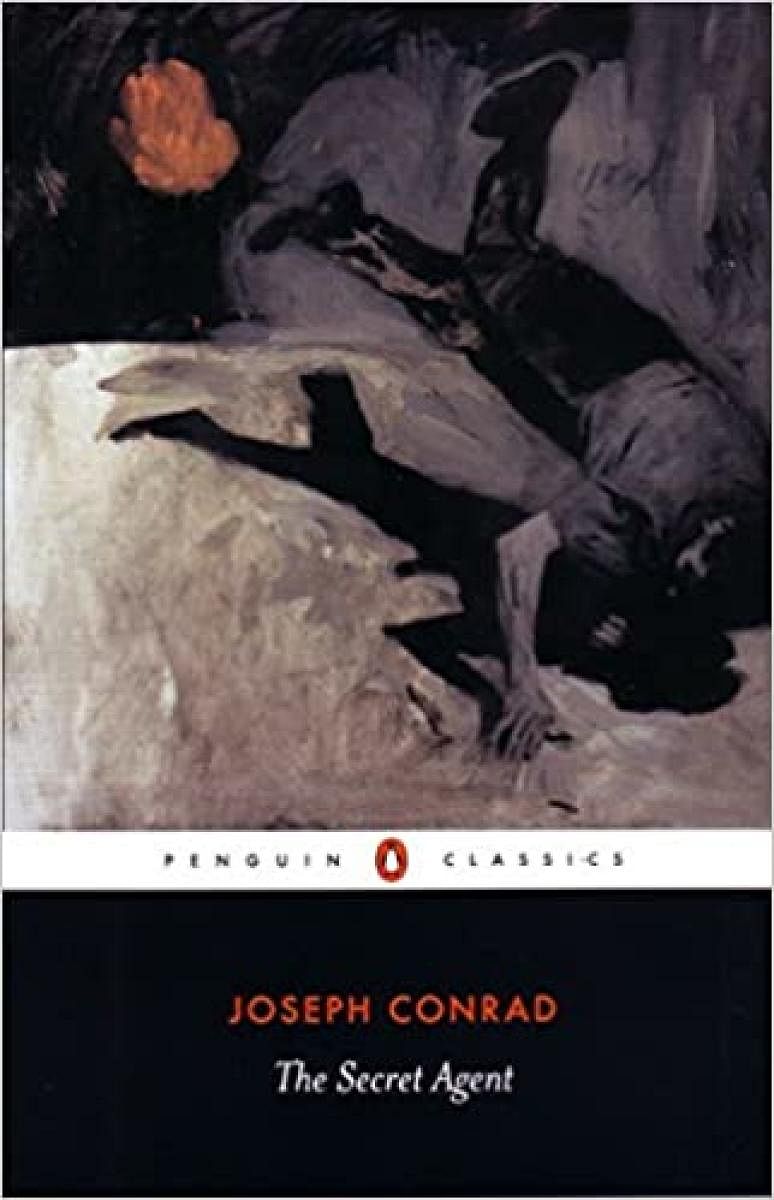
In the second Thor film from the Marvel Cinematic Universe (Thor: The Dark World), the climactic battle is staged at the Greenwich Royal Observatory. A lot of landscaping is torn up, rubble generated and some convoluted time manipulation is given as the reason for the heroes and villains to fight it out at this famous London landmark.
I remember the first time I watched those scenes, my mind immediately went to another incident told in another, older story: Joseph Conrad’s The Secret Agent, set in the same place.
The happenings in Conrad’s “great London novel” make about as much logical sense as the end of Thor: Dark World. However, that was intentional on Conrad’s part — he didn’t have much patience for bumbling, loud revolutionaries and anarchists plotting and scheming around Europe in the late 19th and early 20th centuries and his contempt for them saturates the text.
In the post-9/11 world, The Secret Agent inevitably became the go-to book — not surprising, considering it garnered a reputation for being the first work of fiction to have addressed the subject of international terrorism.
Conrad never meant for The Secret Agent to be a novel — he intended to write a short story
inspired by the real-life bombing incident that took place at the Observatory in 1894. He’d forgotten all about it until his friend, the English novelist Ford Madox Ford, brought it up some years later.
He used the botched bombing — no one died or was injured except the anarchist bomber himself — to write one of his most political novels. In the book, the instigator is Adolf Verloc, a Russian spy and part of a group of anarchists. He lives in a dingy and claustrophobic house in Soho along with his wife Winnie and her brother Stevie. Winnie’s mother completes the household.
Stevie is developmentally challenged and the ultimate tragic figure in the story. In her
attempt to bring her husband and brother closer, Winnie unwittingly sets in motion a series
of incidents that make an already dark story go almost pitch-black.
Verloc is tasked by his Russian masters at the London embassy to create an incident that would shake the English nation out of what they considered to be complacency. But, Verloc is not exactly a strategic mastermind who could successfully carry out this mission — plus, he’s rather lazy to boot. So, to no-one’s surprise, the task fails spectacularly.
What gives the narrative its power to shock is Conrad’s playing with time. He lets the reader know early on that Verloc’s harebrained scheme doesn’t go according to plan. As the story jumps forwards and backwards in time, the unfortunate and imbecilic decisions that lead up to a blood-soaked human tragedy are revealed.
Conrad called the actual attempt to blow up the Observatory “a bloodstained inanity of so fatuous a kind that is impossible to fathom its origin by any reasonable or even unreasonable process of thought.” After reading The Secret Agent, it’s impossible not to agree with him.
The author is a Bangalore-based writer and communications professional with many published short stories and essays to her credit.
That One Book is a fortnightly column that does exactly what it says — takes up one great classic and tells you why it is (still) great. Come, raid the bookshelves with us.